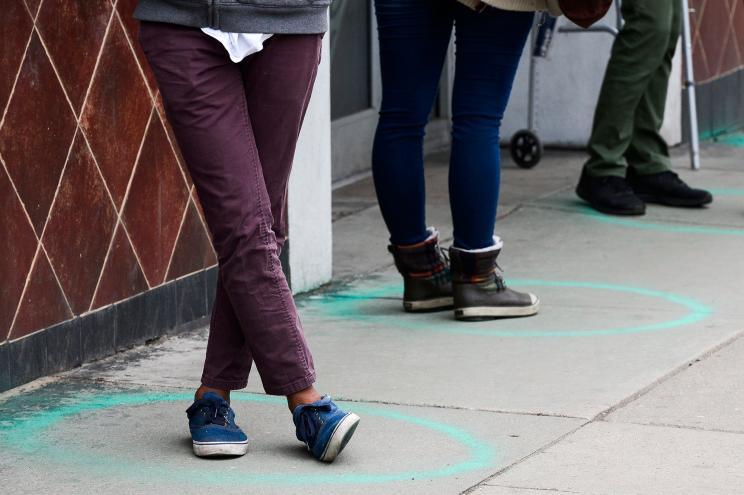How people respond to pandemic health guidelines may be a quick way to see their true colors.
A peer-reviewed study set to be published in the journal Social Psychological and Personality Science found that individuals with higher rates of “dark traits,” such as psychopathy, were more likely to purposefully disregard protocols intended to stop the spread of the coronavirus.
“It was clear from reports in the media very early in the COVID-19 pandemic that some people were rejecting advice to socially distance and engage in increased hygiene,” study author and director of the Personality Laboratory at Whitman College in Walla Walla, Washington, Pavel S. Blagov tells the PsyPost. This included stories of people coughing, spitting and licking door handles in public as an intimidation or rebellion technique.
“There can be many reasons for this, and I thought that personality may play at least a small role in it,” Blagov says, noting that prior research has suggested that those with strong “dark triad” traits (that’s narcissism, Machiavellianism and psychopathy) are “linked to health risk behavior and health problems.”
“I expected them to be implicated in health behaviors during the pandemic,” Blagov adds.
Researchers surveyed 502 US adults during late March for the study, both assessing their personalities and gauging how well they were complying with recommended protocols like social distancing. While most participants reported they were willing to act accordingly in the name of protecting loved ones and strangers alike, some said they were ignoring spread-stopping advice. Those rejecting the advice, Blagov found, had higher rates of psychopathic personality features, including neuroticism, disinhibition (risk-taking) and meanness.
“People scoring high on these traits tended to claim that, if they had COVID-19, they might knowingly or deliberately expose others to it,” Blagov says.
It is possible that these people are super-spreaders and “have a disproportionate impact on the pandemic by failing to protect themselves and others,” says Blagov.
Although the study’s findings create an appealing, villainizing narrative, Blagov warns more research is necessary.
“The results do not mean that viral disease is spread only by irresponsible or inconsiderate people. The correlations were often small, and the scientific definitions of traits are not everyday judgments about character,” he says.








